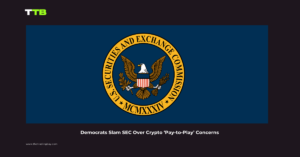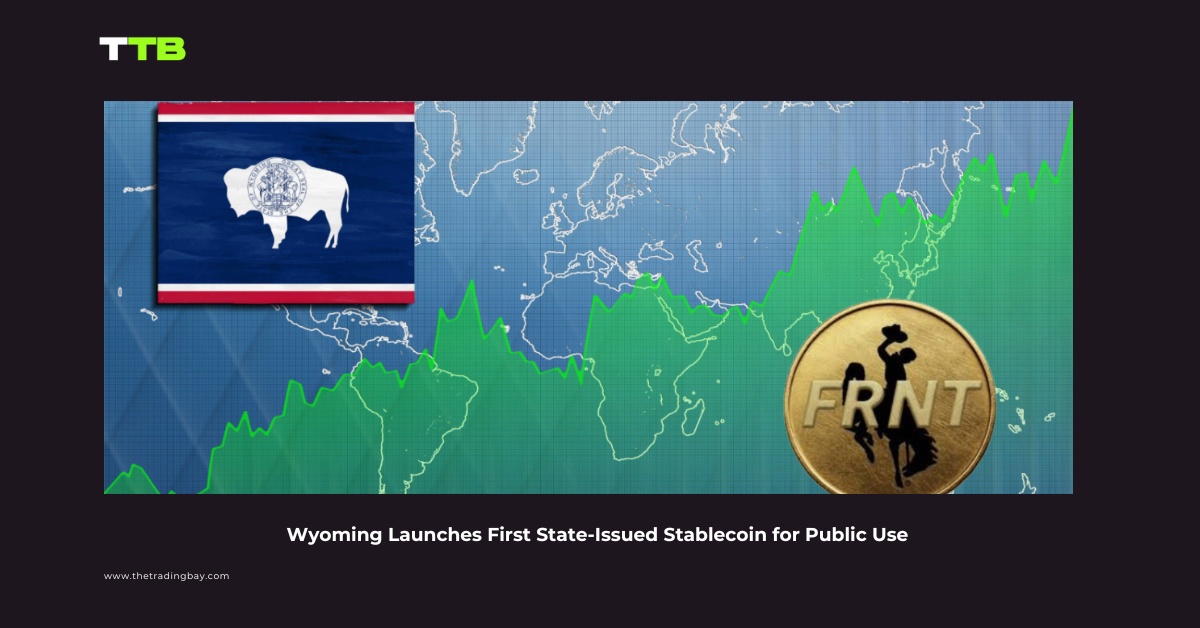In a decisive move aimed at combating the growing wave of cryptocurrency scams and deceptive advertisements, Thailand authorities are taking a resolute stand and considering legal action against Facebook. The goal is clear: to halt these illicit activities and protect the public from falling victim to online fraud.
Thailand’s Pursuit of Legal Measures Against Facebook
The impetus for this proactive stance emerged from the Ministry of Digital Economy and Society (MDES), where officials revealed that over 200,000 Thai individuals had been ensnared by fraudulent ads on Facebook. These misleading promotions spanned a spectrum, including cryptocurrency scams and fictitious investment opportunities.
At the heart of these scams were advertisements offering tempting daily returns, purportedly reaching an astonishing 30 percent. Some unscrupulous actors even went so far as to exploit the images of celebrities and prominent figures within the financial sector, leveraging these fabricated endorsements to bolster their schemes. Alarmingly, certain ads went as far as to co-opt the names and symbols of esteemed regulatory bodies such as Thailand’s Securities and Exchange Commission (SEC) and the Stock Exchange of Thailand, aiming to deceive potential victims by feigning credibility.
During a high-level meeting attended by representatives from various Thai ministries and agencies, Minister Chaiwut Thanakamanusorn of MDES expressed the ministry’s ongoing dialogue with Facebook, now under the umbrella of Meta. A letter was dispatched to the social media giant, beseeching its involvement in curtailing the spread of these fraudulent ads. Unfortunately, the response from Facebook fell short as it failed to effectively filter out these spurious advertisements.
In light of this inadequacy, the Thai ministry made a poignant request for Facebook to dismantle more than 5301 fraudulent ads and counterfeit pages. Yet, with Facebook’s compliance proving insufficient, the ministry is marshaling its resources to gather evidence. It has signaled its intention to request the suspension of the social media platform within a seven-day window. Minister Thanakamanusorn underscored the gravity of the situation, asserting that should Facebook wish to continue its operations within Thailand, it bears a profound responsibility to Thai society.
Data Reporter’s statistics paint a vivid picture, revealing that Facebook’s user base in Thailand amounts to an impressive 51.6 million individuals. This positions Thailand as the ninth-largest market for social media behemoth. Consequently, any decisive measures to curtail Facebook’s presence in the nation could potentially be a significant blow to the company’s operations.
Beyond Facebook: The Broader Landscape of Online Scams
While Facebook takes center stage in this narrative, it’s crucial to recognize that other platforms have also been infested by opportunistic scammers. Telegram, a renowned encrypted messaging platform, has evolved in to a breeding ground for counterfeit companies and deceptive investment services. The policies governing Telegram’s approach to mitigating these fraudulent actors remain somewhat murky. Regulators acknowledge the existence of these imposters and fraudsters, yet they wield limited authority over the activities conducted on this social media platform.
Conclusion
As Thailand steadfastly tackles the surge in cryptocurrency scams and misleading advertisements, the nation’s resolve remains unswerving. The proposed legal action against Facebook underscores the gravity of the situation, sending a clear message that protecting the public and upholding ethical standards are paramount. Amid this backdrop, the broader landscape of online scams beckons for increased vigilance, urging both individuals and platforms to collectively fortify the digital realm against deception and fraud.












